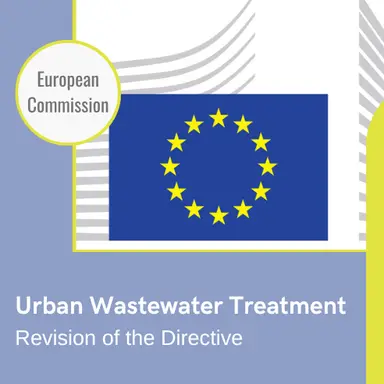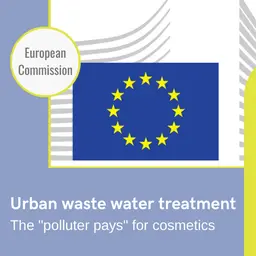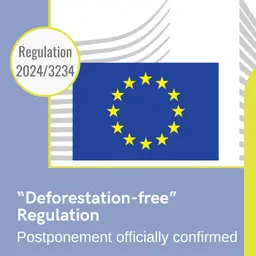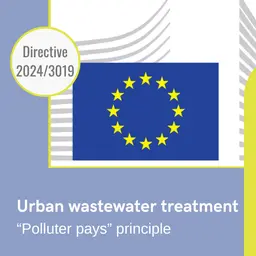
On 29 January 2024, the European Parliament, the Council and the Commission reached an agreement on the revision of the Urban Wastewater Treatment Directive. The agreement enshrines the “polluter pays” principle for the cosmetics industry, which is voicing its reservations about the forthcoming text through Cosmetics Europe.
Of course, the European Commission welcomes this agreement. In its view, the revised Directive “will substantially strengthen the protection of human health and the environment from harmful discharges of urban wastewater. It will also lead to cleaner rivers, lakes, groundwater and seas all around Europe.”
Among the advances highlighted by the Commission: • The elimination of a greater number of nutrients and micropollutants present in urban wastewater
• The introduction of systematic monitoring of the presence of microplastics at the inlets and outlets of wastewater treatment plants
• An increased surveillance of PFAS
• A regular monitoring of key health-relevant parameters in urban wastewater, such as antimicrobial resistance or the presence of the SARS-Covid virus in the event of a pandemic…
A new EPR
The Commission also welcomes the validation of the “polluter pays” principle, implemented for the first time in the water sector via a new EPR (Extended Producer Responsibility) aimed at industries designated as the most polluting, namely the pharmaceutical and cosmetics industries. These industries alone will have to pay at least 80% of the cost of eliminating micropollutants.
Cosmetics Europe’s reservations
The Association representing the European cosmetics industry, while recalling that the sector “fully supports the overall …














